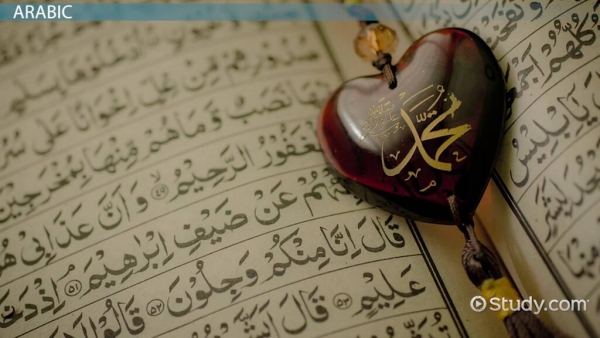…as FUO holds public lecture on immersion programme
Scholars and experts in Arabic studies have said that the Arabic language is a veritable instrument for understanding the scientific and historical perspectives of the world.
The Experts converged on the Fountain University, Osogbo, to discuss the influence of Arabic Language in the contemporary world.
With the event, Fountain University, through its Centre for Arabic and Islamic Research, Translation, and Immersion Programme, has taken a leap forward by externalising its Arabic language teaching through immersion extension.
Speaking at the lecture themed “Arabic-Islamic Scholarship in a Globalised World: Language Immersion, Digital Translation, and Knowledge Democratisation”, Prof. Khidr Abdul Baqi Mohammed stressed the importance of preserving the Arabic language and Islamic knowledge through modern digital tools and global collaboration.
Prof. Khidr noted that without a strong foundation in Arabic, “much of the depth and context of Islamic texts could be lost in translation, especially in the age of AI and digital platforms.”
In his keynote presentation, a former Director of Linguistics Immersion Centre, University of Ilorin, Prof Taofiq Adebayo, who also emphasised the essence of language immersion programmes, described multilingualism as a hallmark of high culture.
He said, “Immersion is a process of teaching language by surrounding learners with its usage. The only way to develop proficient and competent users of a language is to immerse them in an environment where the language is constantly spoken.
The speakers highlighted the relevance of Arabic beyond Islamic studies.
They reiterated the crucial role the language plays in shaping identity, preserving religious knowledge, and expanding access through technology.
They posited that Arabic language has a way of connecting the past to the present and the future.
They contended that the gamut of global historical facts and old scientific evidences upon which the current science thrives, have were adequately documented in Arabic language.
In his opening address, The Director of the Centre, Dr. Ahmed Agbaje said the Centre was poised to serve multiple purposes including providing values young scholars of Islam and Arabic, especially those benefiting from scholarship opportunities in the digital age.
“The Centre for Arabic and Islamic Research, Translation, and Immersion Programme was conceived as a strategic response to the growing need for contextualising Arabic and Islamic scholarship in today’s digital age,” he stated.
“While remaining rooted in our authentic heritage, the Centre’s mission is to serve as a hub of advanced knowledge and cross-cultural exchange. We aim to revive, promote, and internationalise Arabic and Islamic scholarship through intensive language immersion programmes.”
Earlier in her address, the Chief Host and Vice-Chancellor, Professor Olayinka Ramota Kareem, noted that the university prides itself on integrating culture and faith in academic and community life.
“What we are witnessing today reflects our commitment to holistic development and our identity as a leading institution in Islamic culture and faith.”
[TheNation]


